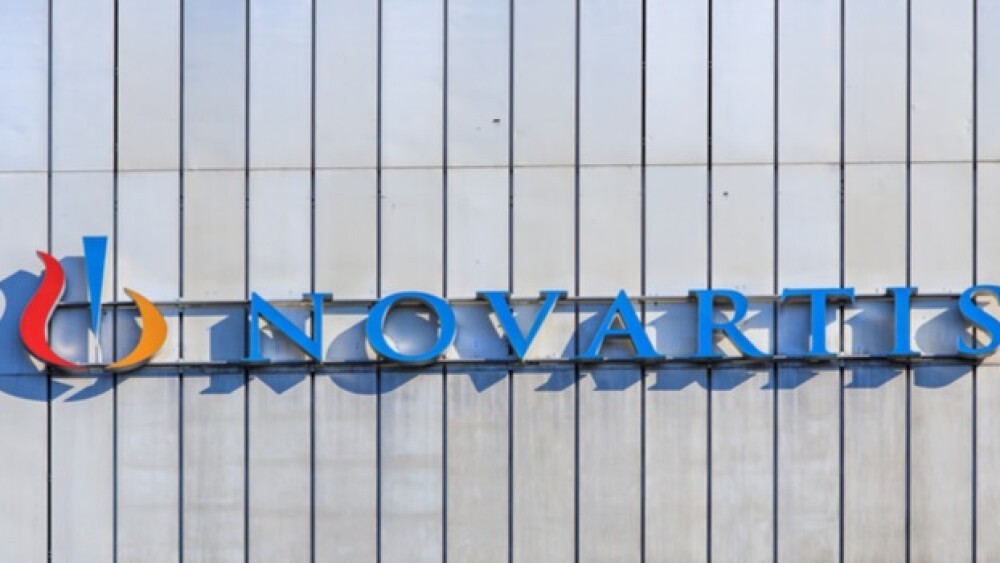Turning an existing partner into a wholly owned subsidiary, Novartis is acquiring CellforCure from biotechnology group LFB for an undisclosed figure.
Denis Linine / Shutterstock.com
Turning an existing partner into a wholly owned subsidiary, Novartis is acquiring CellforCure from biotechnology group LFB for an undisclosed figure.
Novartis’ Kymriah (tisagenlecleucel) is an immuno-oncology CAR-T therapy that is very labor intensive. Cancer patients’ T-cells are harvested, sent to a laboratory like CellforCure to be re-engineered, then sent back to the physician to infuse into the patient.
As PM Live notes, “Novartis said at the time of Kymriah’s approval that it would only be supplying the CAR-T for children with ALL in the first instance because of capacity issues which have plagued the product since its U.S. launch last year. It has reportedly been struggling with variability in product specifications that in some cases have led to manufacturing failures.”
CellforCure is based in France, and according to Novartis, is one of the first and biggest contract development and manufacturing organizations (CDMO) that produces cell and gene therapies in Europe. Novartis inked a deal in July 2018 with CellForCure to produce CAR-T therapies including Kymriah. They have already wrapped up technology transfer and Kymriah clinical production is expected to start by mid-2019.
This is only one of the latest manufacturing deals Novartis has signed related to cell and gene manufacturing. It also has a deal with Cellular Biomedicine Group (CBMG) to make and supply Kymriah in China, and has an expanded deal with the Fraunhofer Institute in Germany, and a contract manufacturing deal in Japan.
“The proposed acquisition of CellforCure is another strategic step in our pursuit of additional manufacturing capacity to make our transformational CAR-T cell therapy Kymriah available to more patients in need around the world,” stated Steffen Lang, Novartis Global Head of Technical Operations. “If completed, this acquisition also would potentially increase manufacturing capacity for other cell and gene therapies in the Novartis pipeline.”
CellforCure has an industrial center in Les Ulis, France, near Paris. It was founded as a pharmaceutical company in 2013, and operates as a CDMO. In 2016, it acquired two Good Manufacturing Practice (GMP) certificates from the French Agence Nationale de Securite du Medicament et des Produits de Sante (ANSM) to produce innovative experimental and commercial therapies. It will operate with Novartis’ cell and gene therapy units in Morris Plains, New Jersey, and a new $90 million facility in Stein, Switzerland that is being built and expected to begin operations in 2021.
On October 30, Novartis announced it was abandoning about 20 percent of its research projects after a strategic review. It expected to cut them from 430 to 340, particularly in the areas of infectious diseases.
Jay Bradner, president of the Novartis Institutes for Biomedical Research, told Bloomberg at the time, “The sadness about these 90 projects is there’s some great science there. These are not bad ideas. Many of them have momentum, but they either are not likely to be transformative for patients, or are ill-suited to the focused business ambitions of Novartis.”
One of the two areas the company is emphasizing is cell and gene therapies. The U.S. Food and Drug Administration approved Kymria in August 2017. In April of this year, Novartis acquired AveXis for $8.7 billion. AveXis has a gene therapy candidate, AVXS-101, for spinal muscular atrophy (SMA).
And in June, the company announced plans to spin off its eye care division, Alcon, into a separately-traded standalone company. It is also planning to divest itself of a consumer health joint venture with GlaxoSmithKline.





